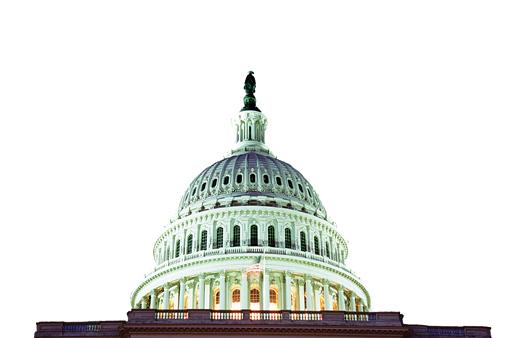- App Content
- App Content / News
- News
- News / Nation
- News / Politics And Administration
- News / Politics And Administration / Campus
Iowa State professor says removal from UN Human Rights Council emblematic of broader shift

The White House
June 28, 2018
The decision by the United States to pull out of the United Nations’ Human Rights Council is just one decision of many that demonstrates the broader removal of itself from the so-called western alliance, says one Iowa State political science professor.
In what she called “a cesspool of political bias,” U.S. Ambassador to the U.N. Nikki Haley was joined by Secretary of State Mike Pompeo to announce the withdrawal of the United States from the U.N. Human Rights Council.
Calling the council guilty of, “politicizing and scapegoating countries with positive human rights records,” Haley gave her most recent rebuke of the council for being critical of Israel, who on the world stage, has been accused of human rights abuses.
“It is likely that this decision will degrade our relationship with other countries,” said Dirk Deam, senior lecturer of political science at Iowa State. “I would usually say there would be no immediate impacts but it fits with a whole chain of events that suggests, or ominously suggests, that the United States is withdrawing generally from the western alliance which has been in place since the end of World War II.”
Deam gave other instances that suggest a similar pattern including the recent Group of Seven summit, the withdrawal from conventions on global warming and threats to disband or reform NATO.
This realignment of interests is something Deam said could be a sign the United States is looking for new global partners.
“In the context of the Trump policies, which also appear to threaten NATO, the western alliance generally and the institutions since the end of World War II, people take this as just the latest ominous sign that we are withdrawing from the world order,” Deam said. “Or maybe realigning with people we thought of as our adversaries.”
This is only exacerbated, Deam said, by the fact the Human Rights Council has criticised many regimes the international community looks down upon.
“One of the things that the U.N. Human Rights Council did beside criticise Israel, which the Americans did not like, it also criticised North Korea, it criticised Russia and other dictatorial states around the world,” Deam said. “So again in the context of what is happening with Trump that should be a sign that we are moving in that sort of ominous direction.”
This isn’t the first time the United States has removed itself from this council, however.
The United States, under President George W. Bush, boycotted the council when it was established in 2006 but rejoined in 2009 under former President Barack Obama.
“As I understand it the council was created during the Bush years and it is a U.N. charter organization so it comes fraught with the same American criticism from the U.N. institutions generally,” Deam said. “Bush was at an adversarial relationship with it, Obama tried to clean that up but there were still problems, and now Trump has pulled out all together.”
If the council were to reform, Haley says the United States would be happy to rejoin.
“We take this step because our commitment does not allow us to remain a part of a hypocritical and self-serving organization that makes a mockery of human rights,” Haley said.
Deam said this reform is all about perspective as the United States has always had problems with the U.N. when conservatives have been in office.
“Especially with conservative administrations, going back to the Reagan administration, [the United States] views the U.N. as trying to not get along with the United states or is somehow being an impediment to US foreign policy,” Deam said. “Essentially, we would like to have a free hand to run our foreign policy the way we want, but the U.N. gets in the way and that is what they take issue with.”
While the decision to remove itself from the council happened at the same time the United States also had human rights concerns focused at the southern border, Deam said people should look at the bigger picture.
“It is the natural move to assume that the United States pulled out of the Human Rights Council at the same they are doing incredibly dastardly things,” Deam said. “It may be convenient to assume that the US did this at the same time it has human rights abuses of its own, but this doesn’t mean it is all coincidence, rather, it is part of a broader pattern.”
Deam did suggest that the recent immigration issues at home may have given them an easier decision or even an excuse to leave.
“There are some advantages for an administration that is planning things that will be seen as abusive in a country that wants to get out of the Human Rights Council,” Deam said.






